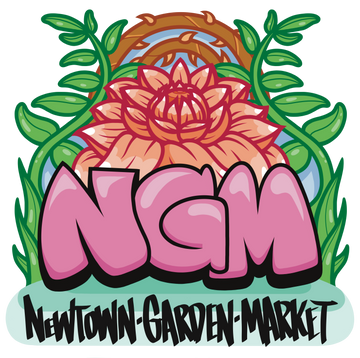
COCOPEAT BLOCK
Coco Peat Blocks for Optimal Results
1. Hydration and Expansion:
Coco peat blocks are dehydrated for easy storage and transportation. To use them, simply hydrate the blocks by soaking them in water. Makes up to 8-9lts when wet
As they absorb water, they expand significantly, yielding fluffy and light coir that’s ready for planting.
2. Mixing with Other Mediums:
While coco peat blocks can be used on their own, blending them with other mediums like perlite or vermiculite can enhance drainage and aeration further.
This combination creates a well-balanced growing medium suitable for various plant types.
3. Nutrient Enrichment:
While coco peat blocks offer some natural nutrients, it’s recommended to supplement them with fertilizers.
Since coco peat itself is relatively inert, it provides an excellent base for customizing nutrient solutions to meet specific plant needs.
4. Container Gardening:
Coco peat blocks are particularly well-suited for container gardening. Their light weight, excellent moisture retention, and root aeration properties make them an ideal choice for potted plants, creating a conducive environment for root development.
1. Hydration and Expansion:
Coco peat blocks are dehydrated for easy storage and transportation. To use them, simply hydrate the blocks by soaking them in water. Makes up to 8-9lts when wet
As they absorb water, they expand significantly, yielding fluffy and light coir that’s ready for planting.
2. Mixing with Other Mediums:
While coco peat blocks can be used on their own, blending them with other mediums like perlite or vermiculite can enhance drainage and aeration further.
This combination creates a well-balanced growing medium suitable for various plant types.
3. Nutrient Enrichment:
While coco peat blocks offer some natural nutrients, it’s recommended to supplement them with fertilizers.
Since coco peat itself is relatively inert, it provides an excellent base for customizing nutrient solutions to meet specific plant needs.
4. Container Gardening:
Coco peat blocks are particularly well-suited for container gardening. Their light weight, excellent moisture retention, and root aeration properties make them an ideal choice for potted plants, creating a conducive environment for root development.

